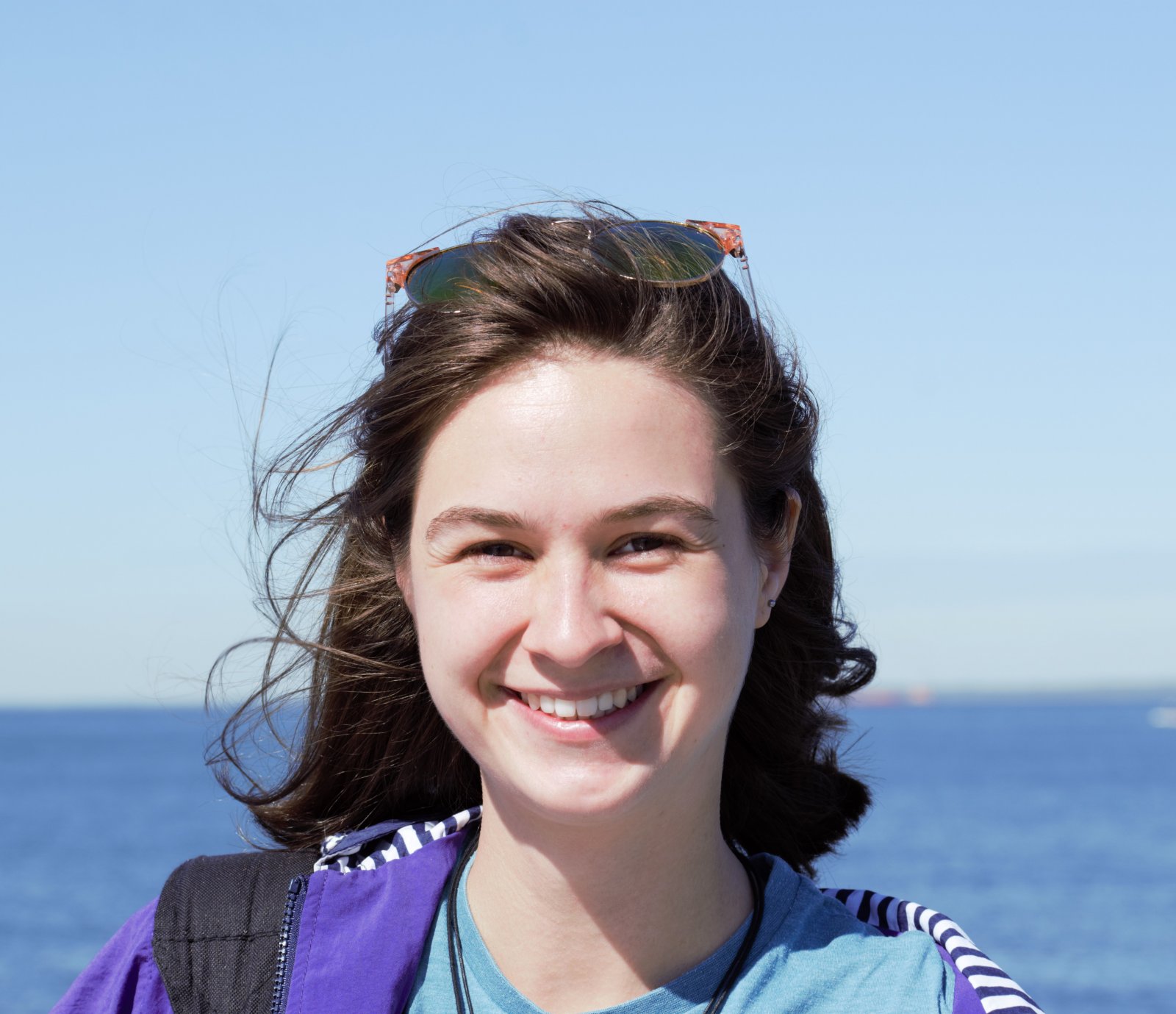Tahnee Mackensen
My rather brief but exciting scientific career commenced in 2016 with the start of my Bachelor (Hons) in Neuroscience at The University of Edinburgh. Amongst weekends in the Scottish Highlands and elective courses, covering plant science and astrobiology, I learnt what it entails to be a great (neuro)scientist and that I wanted to become one! As part of my international exchange at McGill 2018/19 for my first independent research project I worked on human induced pluripotent stem cell (hiPSC)-derived astrocytes. The following summer, I conducted behavioural studies of the fish Danionella translucida at the Judkewitz lab, Charité Berlin. For my final undergraduate project, I investigated human thalamic development using hiPSC-derived brain organoids. Being passionate about cellular as well as behavioural neuroscience research projects, I decided to follow the ‘molecule to circuit and circuit to mind’ approach of systems neuroscience for my PhD, embraced by ZENITH.

The ZENITH program facilitates and encourages interdisciplinary communication using (zebra) fish as model organism. During my traineeship in Berlin I thoroughly enjoyed the work on small transparent fish and was particularly fascinated by the power of in vivo imaging. Largely surrounded by physicists, I first struggled as a neuroscientist and lost some of my confidence when discussing optics or the mathematics underlying behavioural modelling approaches. However, the supportive and interdisciplinary environment within the lab encouraged me to study beyond the scope of my own field and to extensively learn from my colleagues. This is what I hope to achieve during my time with ZENITH, to leave my own comfort zone, learning about optics and biophysics whilst implementing my own original research ideas and teaching my colleagues about disciplines such as behaviour and genetics.